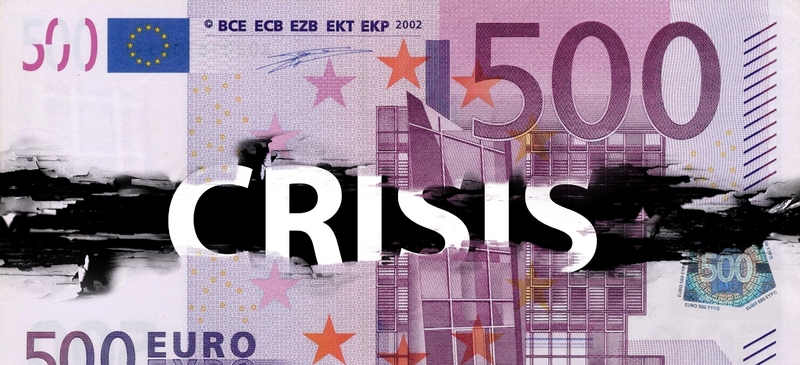
European leaders must step up their game
George Soros is right that Germany's new approach to Europe bears some responsibility for the eurozone crisis. Germany's leaders are finding it hard to consider broader European rather than immediate national interests. The medicine they pushed the European Union to prescribe for Greece, Ireland and Portugal – fiscal austerity and structural reform – was necessary but not sufficient.
Germany's obsession with supply-side economics and its reluctance to take small steps towards a 'transfer union' prevented the EU from coming up with plans to promote investment and growth in the struggling countries. So the medicine is failing, and the rest of the eurozone cannot be ring-fenced from Greece's problems unless the EU does more to boost growth in Portugal, Ireland and elsewhere.
Mr Soros is also right to berate EU leaders for defending the status quo. But there is a reason for their conservatism: they fear being on the wrong side of public opinion, which is an increasingly powerful actor in European politics. The founding fathers did not have to worry about voter sentiment. But now many voters in the surplus countries oppose bail-outs for the southern countries, which they blame on the EU. And in the deficit countries, electors have had enough austerity, which they also blame on the EU.
As Mr Soros writes, a viable plan B will require stronger eurozone governance through schemes such as Eurobonds. But in many parts of the EU, voters have never been more hostile to 'more Europe'. Of course, the current generation of European leaders is particularly ill-equipped to explain to voters the need for change.
But Mr Soros does not refer to another fundamental cause of the eurozone's travails. During the 20 years since the Maastricht treaty was negotiated, the large member-states have become more dominant in the EU, and the European Commission relatively weaker. We are moving towards the Europe des patries, a Europe of nation states, that General Charles de Gaulle wanted. This trend has accelerated during the euro crisis: the French and the Germans have sought to sideline the Commission and create 'inter-governmental' rescue mechanisms.
For all its imperfections – the current team of commissioners contains few stars – only the Commission can consider the wider European good, protect the interests of smaller member states and ensure that EU rules (such as on deficits and the single market) are respected. The Commission (like France) doubted that the Germanic medicine the EU has prescribed for debtor countries would work, but lacked the authority to resist Berlin.
Mr Soros's plan B is not viable unless European leaders raise their game. Those in Germany need to rediscover some of the Helmut Kohl spirit, and remember that leadership carries responsibilities. Encouragingly, some Social Democratic and Green politicians seem to get the point. In surplus countries and debtor countries, leaders need to shape public opinion by explaining the benefits of the euro and why sacrifices are required. And all across the EU, leaders need to treat the Commission with more respect. A sustainable euro needs strong institutions and rules, rather than late-night deals among leaders of big member states.
